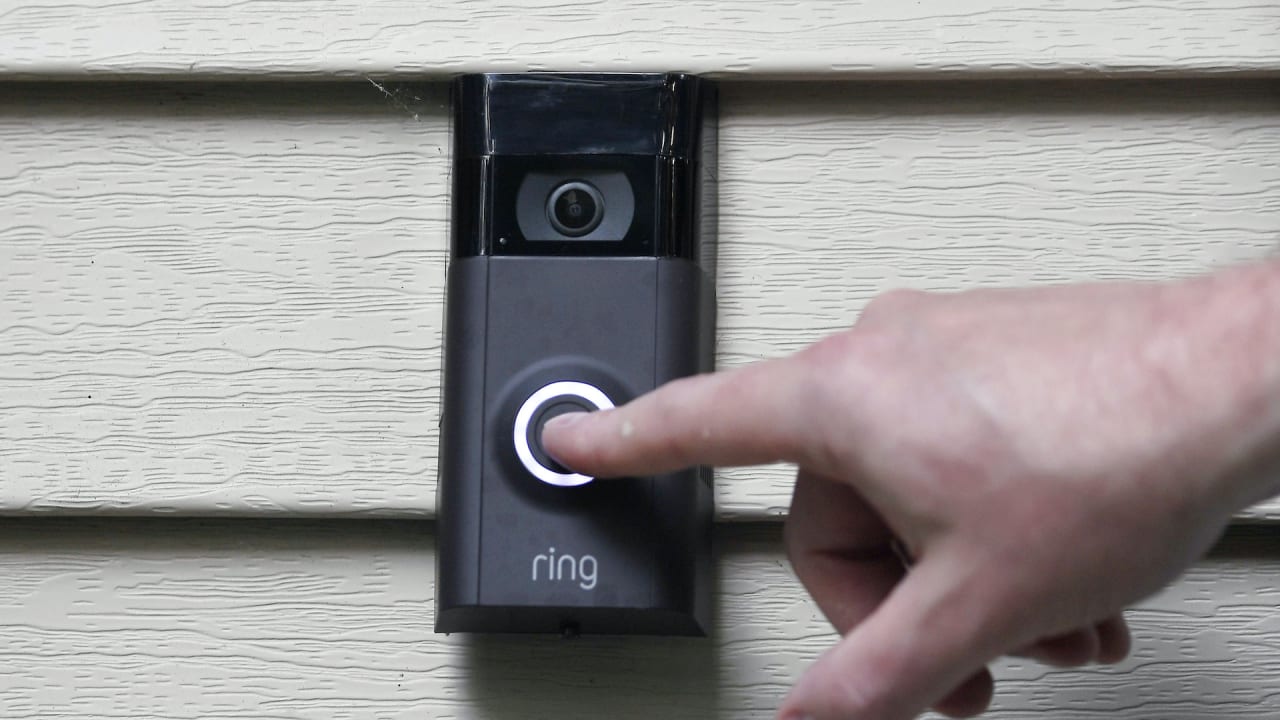The Federal Trade Commission is sending more than $5.6 million in refunds to consumers as part of a settlement with Amazon-owned Ring, which was charged with failing to protect private video footage from outside access.
In a 2023 complaint, the FTC accused the doorbell camera and home security provider of allowing its employees and contractors to access customers’ private videos. Ring allegedly used such footage to train algorithms without consent, among other purposes.
Ring was also charged with failing to implement key security protections, which enabled hackers to take control of customers’ accounts, cameras and videos. This led to “egregious violations of users’ privacy,” the FTC noted.
The resulting settlement required Ring to delete content that was found to be unlawfully obtained, establish stronger security protections and pay a hefty fine. The FTC says that it’s now using much of that money to refund eligible Ring customers.
According to a Tuesday notice, the FTC is sending 117,044 PayPal payments to impacted consumers who had certain types of Ring devices — including indoor cameras — during the timeframes that the regulators allege unauthorized access took place.
Eligible customers will need to redeem these payments within 30 days, according to the FTC — which added that consumers can contact this case’s refund administrator, Rust Consulting, or visit the FTC’s FAQ page on refunds for more information about the process.
In a statement sent to The Associated Press, Ring said that bad actors took emails and passwords that were “stolen from other companies to unlawfully log into Ring accounts of certain customers” who used the same credentials on multiple sites back in 2019 — adding that the company promptly addressed this by notifying those it discovered to be “exposed in a third-party, non-Ring incident” and taking action to protect impacted accounts.
Ring did not immediately address the FTC’s allegations of employees and contractors unlawfully accessing footage.
Earlier this year, the California-based company separately announced that it would stop allowing police departments to request doorbell camera footage from users, marking an end to a feature that had drawn criticism from privacy advocates.
—Wyatte Grantham-Philips, Associated Press business writer

